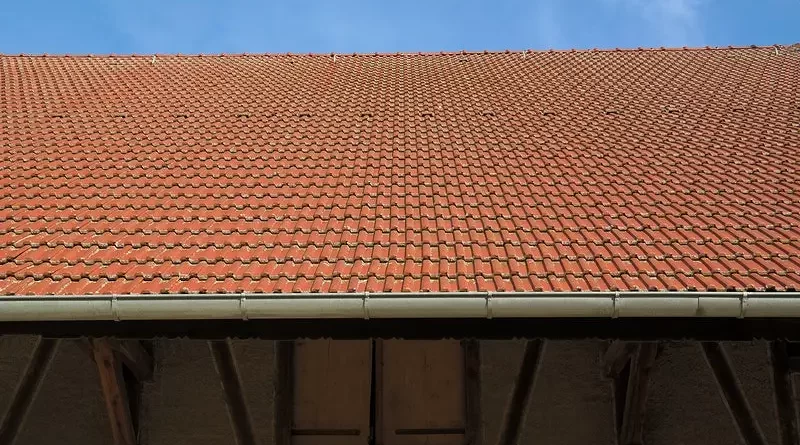How to Select the Best Commercial Roofing Company for Your Project
Your commercial roof is one of the most crucial building components. It must be installed correctly to ensure long-term success. Otherwise, it can lead to expensive structural damage, water leaks, drywall or insulation damage, and mold problems.
It is worth your time to find the right contractor for your project. When choosing a commercial roofing firm, take into account the following aspects.
Experience
It makes sense to select a roofing company with experience in commercial roofing. It will help them determine the best materials and methods for your building. They will also be able to recognize and quickly address any problems with your roof.
In addition, you should check whether the roofing contractor is licensed in your area. It will ensure that they follow all state and local roofing regulations. Moreover, it would be best to read customer reviews about the company to gauge their level of service.
Many clients prefer to work with roofing companies they know. That is why you should strive to build strong relationships with customers. It will ensure you get the job even if you are not the lowest bidder. In this case, a solid connection might trump cost.
Reputation
Reputation is crucial when selecting a business roofing contractor. A trustworthy roofer, like Advocate Construction, has established a solid reputation over the years by being honest and competent. Look for testimonials and reviews online. Also, ensure they can answer questions about the scope of work, costs, and timelines.
Obtain referrals from dependable family and friends. Then, request references and examples of previous jobs. Please find out how long they’ve been in business and how many projects they’ve completed. Commercial jobs are typically larger and require more team members than residential ones. Choosing a contractor with an experienced team who can meet deadlines and stay on budget is essential. It’s also helpful if they have a dedicated project manager to oversee the job. Having one point of contact will save time and money.
Insurance
A roofing contractor must have comprehensive insurance coverage. It includes workers’ compensation, general liability, and property damage. Moreover, the contractor should be able to provide proof of these policies upon request.
In addition, the contractor should have a business auto policy to cover damage caused by their vehicles. Moreover, they should have errors and omissions insurance, which protects them from lawsuits related to their work.
It is also essential to choose a local company, as they will be more familiar with the local regulations and laws. This way, they can respond quickly if something goes wrong during the job. Besides, a local company is more likely to be around long-term. It makes them more likely to offer a warranty on their work.
Licenses
Depending on the state, you may be required to obtain a license, certification, or registration to work as a commercial roofer. However, this process varies significantly from state to state. Some require extensive training, while others may only require a general business license.
You should also ensure the contractor carries liability and worker’s compensation insurance. It provides peace of mind for building owners who want to ensure they will be covered if damage occurs during the roofing project.
It would be best to ask each contractor for a detailed scope of work in their proposal. It will help you make apples-to-apples comparisons between competing bids. Ensure that the contractor lists the materials they will use and any warranties offered.
Cost
Commercial roofing projects can be expensive, but the investment can pay for itself in the long run when the roof can keep the interior of a business insulated and leak-free for years. Make sure to compare pricing before settling on a particular contractor.
Most bids will include a section that details the building owner’s obligations, including access to water and power during the job, storage for equipment and supplies, and customer/employee parking. Ensuring clean-up is included in the estimate is also a good idea.
A client can choose a contractor even if they are not the lowest or second lowest bidder if they have a strong relationship with them. It might be because they know the contractor can meet their standards and expectations or the contractor has a proven track record for quality.




